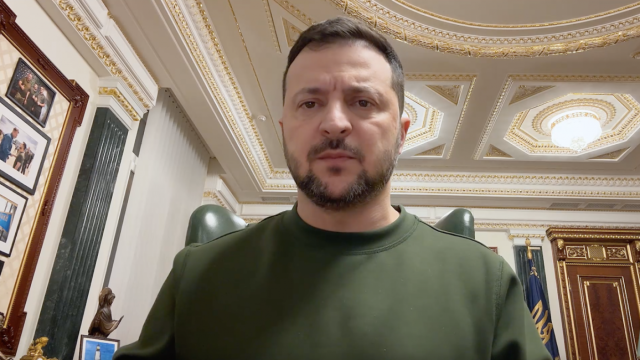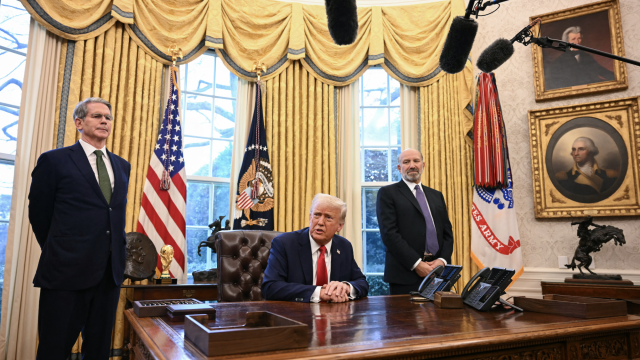SOCHI — Perched on the shore of the Black Sea on one side and on the foothills of the Caucasus Mountains on the other, Sochi offers a diverse assortment of traditional dishes.
You can get grilled lamb, local seafood and a variety of fresh fruit and vegetables from neighboring Abkhazia. Several Georgian restaurants serve up spicy fare, and an authentic Turkish place is crammed with Turks drinking coffee and watching football matches — not the Olympic Games.
But all this wealth is hidden away from the ordinary visitor to the Olympics. The Olympic Park is filled with ordinary and basic food: hot dogs, pizzas and baked potatoes.
The only local foods featured here are blini and grilled shashlik, and it seems that most visitors still prefer hot dogs.
About 25,000 people work in 2,025 restaurants in the greater Sochi area. This represents a giant leap for the local food industry. In 2007, when Sochi was selected as the host city for the 2014 Winter Games, it boasted only 880 restaurants.
Today Sochi is famous for its khinkali — Georgian dumplings filled with spiced meat — served in the Belye Nochi (White Nights) restaurant favored by President Vladimir Putin. The dish can be complemented with cha-cha, a grape vodka that is often illegally imported from neighboring Georgia.
Because of Olympic security measures, cha-cha supplies have shrunk, and restaurants have to rely on their reserves, according to many locals. This makes it next to impossible to find a restaurant that gives diners a chance to wash down khinkali with a shot of cha-cha.
It is a lot easier to find U.S. fare like McDonald's, one of the Olympics' global sponsors and the operator of a can't-miss restaurant in central Sochi.
Ahead of the Games, McDonald's opened three new restaurants in Sochi and also operates two temporary outlets — one in the Olympic Village and the other in the main media center for the more than 14,000 journalists covering the event.
"We used to serve 350 orders per hour at our central restaurant, but now we serve 550," Darya Fedyuk, the local McDonald's operations manager, said with pride.
Restaurants brought most food to Sochi in advance of the games because the city is circumvented by a so-called "ring of steel" of security, with only accredited transportation allowed in.
Apart from cha-cha, Sochi is seeing several other shortages, including oysters and imported Chobani Greek yogurt, which failed to reach American athletes, causing a comical diplomatic uproar and an exchange of complaints between government officials.
"We have local Black Sea oysters now, but there is just not enough of them," said Dmitry Bogdanov, vice president of the Sochi Caterers Association.
"We will solve this problem soon and bring more oysters from abroad," he said.
A Message from The Moscow Times:
Dear readers,
We are facing unprecedented challenges. Russia's Prosecutor General's Office has designated The Moscow Times as an "undesirable" organization, criminalizing our work and putting our staff at risk of prosecution. This follows our earlier unjust labeling as a "foreign agent."
These actions are direct attempts to silence independent journalism in Russia. The authorities claim our work "discredits the decisions of the Russian leadership." We see things differently: we strive to provide accurate, unbiased reporting on Russia.
We, the journalists of The Moscow Times, refuse to be silenced. But to continue our work, we need your help.
Your support, no matter how small, makes a world of difference. If you can, please support us monthly starting from just $2. It's quick to set up, and every contribution makes a significant impact.
By supporting The Moscow Times, you're defending open, independent journalism in the face of repression. Thank you for standing with us.
Remind me later.





